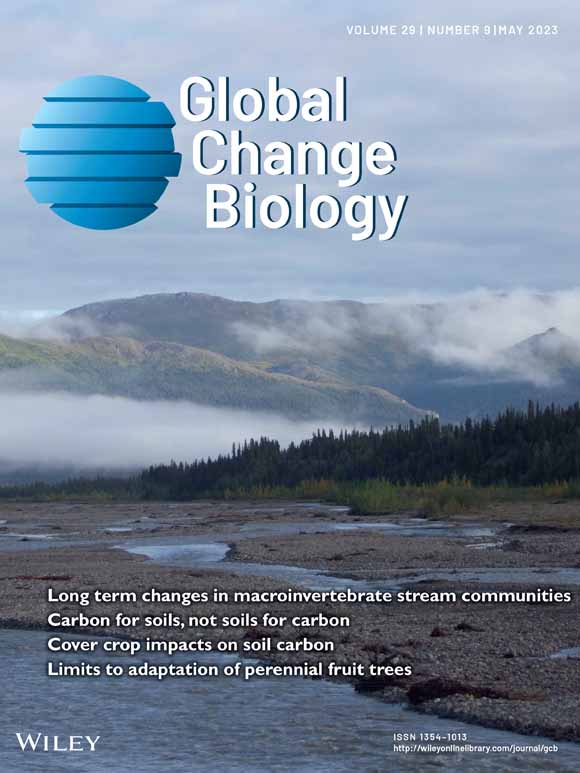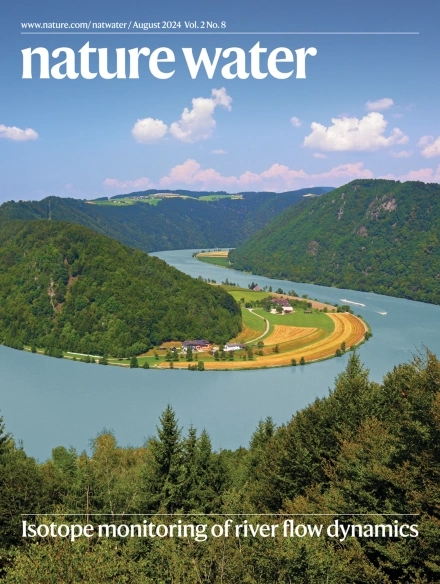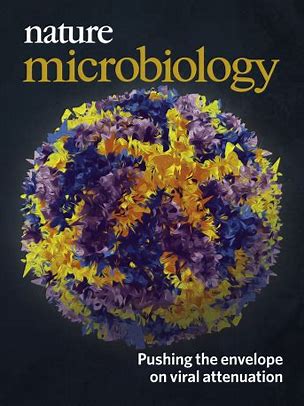- Department:(Dept. 3) Plankton and Microbial Ecology
Distinct contributions of suspended and sinking prokaryotes to mesopelagic carbon budget
Oceans are important carbon sinks. Bacteria play a central role in carbon cycling because, collectively, they convert more organic material than all other marine organisms combined. Their activity acts as a “carbon pump”, ensuring that life is possible in the deep sea. The authors quantified the effect of bacteria in the middle ocean layers, known as the twilight zone, in the North-East Atlantic.
Flow variability and macroinvertebrates jointly regulate stream periphyton and metabolism: Insights from experimental stream mesocosms
In stream mesocosm experiments the authors tested how reduced flow and a sequence of controlled flushing events, with or without macroinvertebrates, affect periphyton community composition, algal biovolume, and ecosystem metabolism. Flow variability and macroinvertebrates control periphyton structure, metabolism, and carbon cycling, with macroinvertebrates stabilising responses to disturbance.
Advancements in Satellite Observations of Inland and Coastal Waters: Building Towards a Global Validation Network
This article highlights the importance of validating satellite-derived water quality products. The authors provide guidance for the scientific community on what to consider when implementing field campaigns to collect data for remote sensing validation needs.
Low contribution of oxic methane production in shallow productive lakes

Effects of Biodiversity Loss on Freshwater Ecosystem Functions Increase With the Number of Stressors

Challenges in studying microplastics in human brain
Microplastics are ubiquitous – in the environment and in the human body. However, accurately detecting these particles poses major challenges for researchers from various disciplines. The authors described the methodological difficulties in the journal and call for more standardized methods in biomonitoring.
Extreme summer storm elicits shifts in biogeochemistry, primary productivity, and plankton community structure in a large-scale lake enclosure experiment
A roadmap for equitable reuse of public microbiome data
Science benefits from the rapid and open exchange of knowledge. However, there is a lack of appropriate community standards for data exchange between different institutions. In this article the authors discuss improvements for the exchange of extensive microbiome data.
Diel variation in CO2 flux is substantial in many lakes

Europe’s water law needs genomic resolution
The authors recommend a new genetic approach for the obligatory measurements under the European Water Framework Directive (WFD). Currently, the diversity of phytoplankton – i.e. microalgae – is assessed as a key parameter for water quality using an inverse microscope technique that has been in use since 1958.







